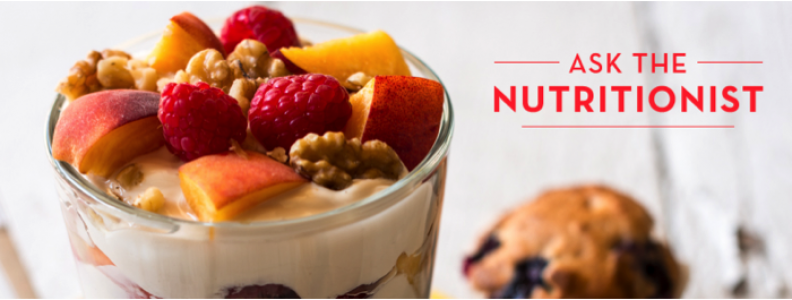Study Nutrition, become a nutritionist and dictate to people what they should and shouldn’t eat. Simple… right? Not quite.
Not surprisingly, one of the most common questions I’m asked about regarding Human Nutrition is not so much to do with the course content, but rather what can I do AFTERWARDS?
Prior to starting college, and even throughout the first 2 years of studying nutrition, I was confused and unaware of the huge possibilities that were available to me after graduation (partially due to enjoying college life so much that I decided I was better off not worrying and stressing about it until it was absolutely necessary). Myself and many of my fellow hum nut’s (our well established, campus wide known knick-name) just presumed we would end up doing 1 of 3 things:
- Work for a food company
- Run our own nutrition consultancy
- Do a Masters in Dietetics
Thankfully, this is most certainly not the case.
As a Humnut, our 3rd year consists entirely of work placement. Yes, you read that right, an entire year of no exams, no lectures and no assignments, but don’t let this fool you. You do work – lots and lots and it is still a year of earning credits contributing towards your degree. So although there aren’t any exams, there is still reporting back to your supervisor and a placement project due at the end.
It’s like taking a year out of college, showing you what it’s like living in the real world of a 9-5, Monday to Friday job and really opening your eyes to see what’s available to you out there, while potentially networking and creating contacts for when you do graduate and actually need to find a job.
- Depending on which way you go about it and how much you get out of it and make of it – it can be one of the best years of your college life!
Us Hum nut’s are very lucky in that we are handed a list of different placements and apply to the top 3 that appeal to us, with the vast majority securing a place within those top choices. It’s done this way so UCD know and have good control over what we’re learning and making sure we get the best quality placement, instead of being that intern who’s stuck in the office 4 days out of 5 licking envelopes and stapling pages.
They provide a variety of different placement options, corresponding to the variety of jobs and post graduate opportunities that will be available when we graduate, both home and abroad including opportunities throughout Europe and the even in the USA. While some students spent time in well- established, highly ranked university labs working alongside Professors and Ph.D students on research projects, acting as a research assistants during human Intervention trials that eventually produce research papers (big mouthful- sorry). Other students got a chance to experience working in big multinational companies such as Danone and discovering the world of infant and baby nutrition, and Nutricia where products are designed, created and sold for elderly and sick patients who may be using tube feeding or need specific tailored nutrition in the case of a deficiency or management of specific conditions, incl. swallowing problems etc. Some students worked in hospitals such as Temple street children’s hospital and Holles street alongside other nutritionists and dieticians, in looking at the nutrition available in hospital meals or in ongoing studies where nutritionists keep track of breast fed and bottle fed babies born in the hospital for a few years and examine the benefits/ disadvantages of using one type of feeding over another.
Other placements available found students working in the food safety and regulatory bodies in Ireland such as Safe food and the FSAI– food safety authority of Ireland, getting involved on running projects and promotion of the importance of food hygiene and safety.
available found students working in the food safety and regulatory bodies in Ireland such as Safe food and the FSAI– food safety authority of Ireland, getting involved on running projects and promotion of the importance of food hygiene and safety.
These examples are really only a small overview of the huge industry that is Nutrition and even Food Science as well. Other areas that many have an interest in include sports nutrition, eating disorders, metabolic syndromes e.g. diabetes etc. where there are many opportunities to continue with a postgrad. or Master’s degree in the chosen area of specialisation. The opportunities really are endless.
So to anyone considering studying Nutrition but not so sure what you can do afterwards? My answer really is anything and everything! Placement provides an overview of the type of jobs available afterwards but the area of nutrition really is huge and so varied. As long as people continue eating food, a job in nutrition and in the food industry will always be available!





